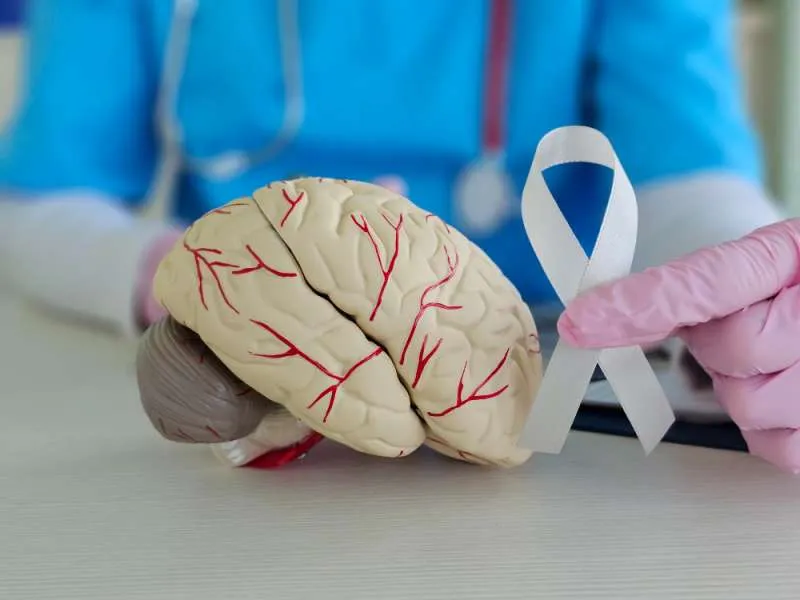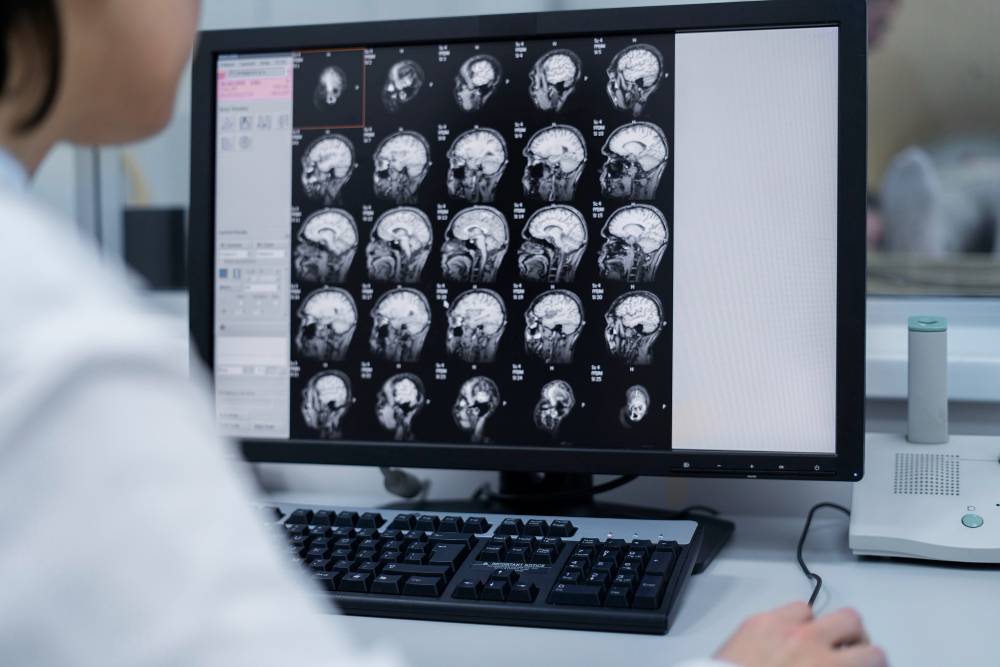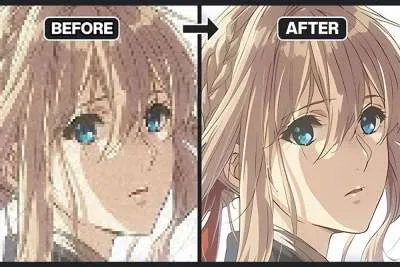Comprehensive Guide to Modern Brain Cancer Treatments: Options, Innovations & Hope
- 13-06-2025
- Health
- collaborative post
- Photo Credit: Freepik
A diagnosis of brain cancer can be frightening and overwhelming. However, modern brain cancer treatments are constantly evolving, offering patients new opportunities for effective care and improved quality of life.
From traditional therapies like chemotherapy to innovative techniques like proton therapy and personalised immunotherapy, treatment is now more targeted than ever before.
Brain Cancer and Tumour Types
Brain cancer refers to malignant growths in the brain or CNS (central nervous system). These tumours may arise in the brain itself or spread from other parts of the body. Not all brain tumours are cancerous, but malignant ones grow rapidly and interfere with normal brain function.
One of the most aggressive forms is glioblastoma, which accounts for nearly 15% of all brain tumours. According to the American Brain Tumour Association, approximately 90,000 adults are diagnosed with malignant brain and CNS tumours each year.
Diagnostic Tools: The Role of MRI and Specialists
Accurate diagnosis is crucial. Imaging technologies like MRI scans are used to detect tumours, define their size and location, and monitor progress throughout treatment.
A team of specialists is usually involved in care:
- A neurologist evaluates neurological symptoms.
- A neurosurgeon may perform surgery for resection (removal) of the tumour.
- An oncologist develops a long-term treatment plan tailored to the cancer type.
Brain Cancer Treatments Available Today
Treatment strategies depend on several factors, including the type and location of the tumour, the patient's overall health, and whether the cancer has spread. The most common brain cancer treatments include:
- Surgical resection: Often the first step in treating brain cancer. Complete removal may not always be possible, especially if the tumour is in a critical brain region. However, even partial resection can help reduce pressure and improve symptoms.
- Radiation therapy: Involves targeting cancer cells with high-energy rays to destroy them or slow their growth. It is frequently used after surgery to eliminate remaining cells and is useful for deep-seated or inoperable tumours.
- Chemotherapy: Uses drugs to kill cancer cells or stop them from multiplying. Though many chemotherapy drugs have difficulty crossing the blood-brain barrier, new delivery methods, such as implantable wafers placed during surgery, have improved their effectiveness.
- Proton therapy: Delivers a concentrated dose of energy that spares nearby healthy tissue. It is especially helpful for treating paediatric brain tumours and cancers near sensitive structures in the brain.
- Immunotherapy: Stimulates the patient's immune system to attack cancer cells. While still largely in development for brain cancer, immunotherapy has shown encouraging results, particularly in patients with glioblastoma.
- Dendritic cell therapy: Involves harvesting the patient's immune cells, exposing them to tumour antigens, and reintroducing them into the body to trigger a specific immune attack against the cancer.
- Interventional radiology: Minimally invasive procedures, such as embolisation and thermal ablation techniques, are used in the treatment of certain brain tumours, especially when surgery is not an option.
Innovation and Ongoing Research
Ongoing research and clinical trials continue to explore new drug combinations, targeted therapies, and advanced surgical methods. While the average 5-year survival rate for malignant brain tumours is about 36%, early diagnosis and access to innovative therapies can improve outcomes.

Booking Health – Access the Best Brain Cancer Treatments Abroad
For many patients, the most advanced brain cancer treatments are found outside their home countries. Booking Health simplifies access to top hospitals specialising in brain tumour treatment, including those offering proton therapy, advanced neurosurgery, and personalised immunotherapy.
With Booking Health, patients benefit from:
- Professional guidance through every step of the treatment journey
- Translation of medical documents and travel support
- Assistance in scheduling appointments with leading specialists in CNS tumours
Do not let distance limit your options. Contact Booking Health today and get connected with world-class oncologists, neurologists, and neurosurgeons who offer innovation and compassionate care for your brain cancer journey.
Other articles that may interest you...
Trending
Most Read Articles
Featured Videos
TributoFest: Michael Buble promo 14.02.2026
- 30-01-2026
TEAs 2025 Highlights
- 17-11-2025































































